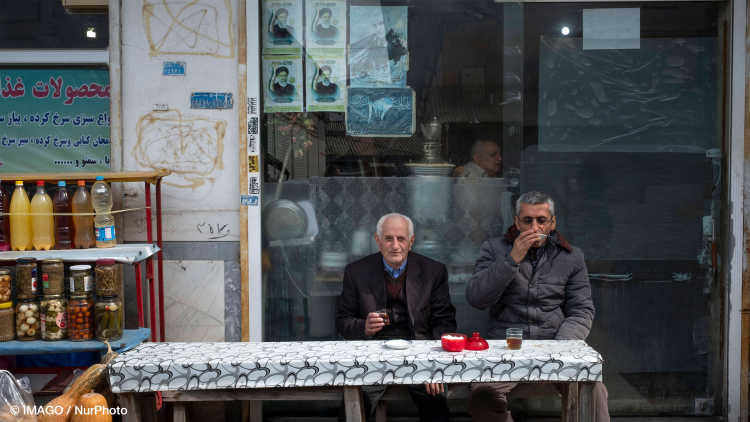- Home
- Publications
- Peer-Reviewed Articles
- Filling the Void: The Asia-Pacific Problem of Order and Emerging Indo-Pacific Regional Multilateralism
Christian Wirth / Nicole Jenne
Filling the Void: The Asia-Pacific Problem of Order and Emerging Indo-Pacific Regional Multilateralism
Contemporary Security Policy | 2022
Abstract
Thirty years after the downfall of the Soviet-led communist bloc, the United States-led liberal international order is seen as coming to an end. Policymakers have converged on the need to safeguard the “rules-based order” across the newly coined “Indo-Pacific” region. However, policy and scholarly debates lack clarity about what exactly is to be preserved, and why the terms of the “rules-based order” and the “Indo-Pacific” have rapidly found their way into policy debates despite their contested meaning. Analyzing developments in regional multilateralism, we find that mainstream discourses purport static conceptions of order, which are often conflated with United States-centered trans-Pacific alliance relationships. The ensuing problem of order stems in large part from the fact that multilateral projects for building alternate orders, undertaken since the early 1990s, have remained far below their potential. We conclude that emerging forms of multilateral cooperation across the enlarged “Indo-Pacific” region have partially filled this void.
Regional Institutes
Research Programmes
Journal
Contemporary Security Policy
Volume
43
Number
2
Pages
213-242














